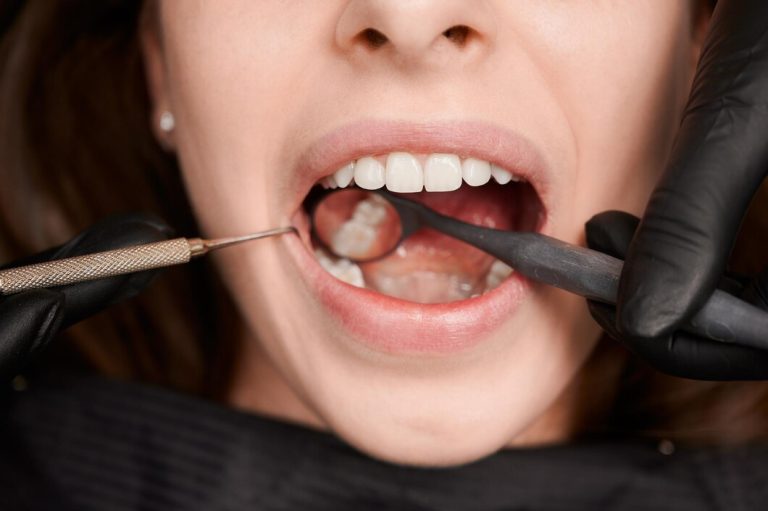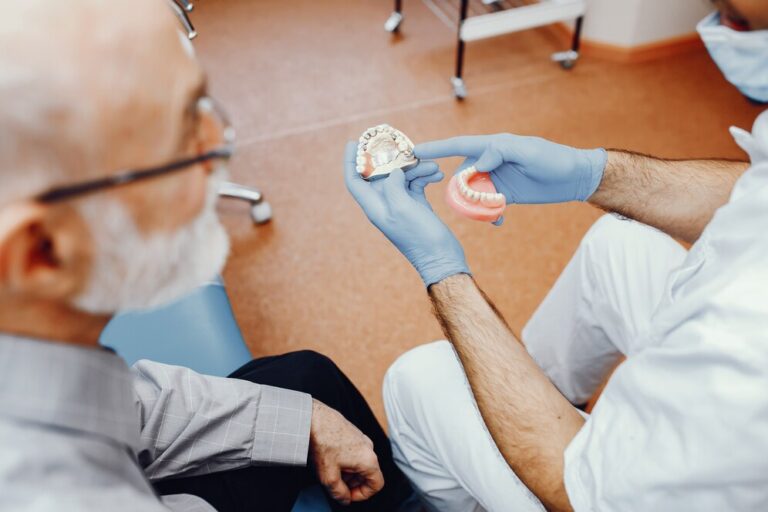Periodontal disease, commonly known as gum disease, is a prevalent oral health issue affecting millions of individuals worldwide. It is caused by a buildup of bacteria and plaque on the teeth, leading to inflammation and damage to the gums and supporting structures of the teeth. If left untreated, periodontal disease can result in tooth loss and pose severe risks to your overall health.
At Colorado Gum Care Broomfield, CO, our dedicated dental service provider specializes in gum care, preventive treatments, and dental surgical procedures to ensure optimal oral health for our patients. We are committed to helping individuals understand, prevent, and combat periodontal disease through strategic treatment plans and expert guidance.
In this blog post, we will delve into the critical aspects of periodontal disease, including its signs, risk factors, and the various treatment options available at Colorado Gum Care Broomfield, CO in Broomfield. We believe that knowledge is power, and by understanding the basics of periodontal disease, you will be better equipped to recognize early warning signs, make informed decisions about treatment, and work proactively to maintain a healthy smile.
Recognizing the Signs of Periodontal Disease
Early detection and intervention are crucial for the successful treatment of periodontal disease. Familiarize yourself with these common signs to know when it’s time to seek professional help:
1. Swollen, Red, or Bleeding Gums: These are often the first signs of gum inflammation, a condition known as gingivitis, which can progress to periodontal disease if left untreated.
2. Gum Recession: Receding gums can indicate the presence of periodontal disease, as the gums and supporting structures begin to deteriorate.
3. Persistent Bad Breath: Bad breath that doesn’t go away could be a sign of accumulating bacteria and plaque, which contribute to gum disease.
4. Loose or Shifting Teeth: Advanced periodontal disease can cause the teeth to become loose or shift positions due to damage to the supporting structures.
5. Pain When Eating or Tooth Sensitivity: Pain or sensitivity when eating could indicate inflammation and infections related to gum disease.
If you notice any of these signs, schedule a consultation with our dental professionals to receive a thorough examination and appropriate treatment plan.
Risk Factors for Developing Periodontal Disease
While anyone can develop gum disease, certain factors can increase your risk. Understanding these risk factors can help you identify if you are more susceptible to periodontal disease and take appropriate preventive measures:
1. Poor Oral Hygiene: Failure to maintain a consistent oral hygiene routine can lead to plaque buildup, a leading cause of gum disease.
2. Smoking or Tobacco Use: Tobacco use weakens the immune system, making it harder to combat gum infections.
3. Genetics: Some individuals have a genetic predisposition to gum disease, making them more susceptible to developing the condition.
4. Diabetes: Diabetic individuals are more likely to develop periodontal disease due to their heightened risk for infections.
5. Hormonal Changes: Fluctuations in hormone levels, particularly in women, can cause gums to become more sensitive and vulnerable to infections.
By knowing these risk factors and taking appropriate preventive measures, you can significantly reduce the chance of developing periodontal disease.
Treatment Options for Periodontal Disease
Our skilled dental professionals offer a range of treatments tailored to your specific needs and the severity of your periodontal disease. Some common treatment options include:
1. Scaling and Root Planing: This deep-cleaning procedure removes plaque and bacteria from the tooth surfaces and root pockets, halting the progression of periodontal disease.
2. Antibacterial Medications: Our dental professionals can prescribe oral or topical antibacterial medications to help manage gum infections and reduce inflammation.
3. Gum Graft Surgery: If gum recession has occurred due to periodontal disease, gum graft surgery may be necessary to cover exposed tooth roots and protect them from further damage.
4. Periodontal Surgery: In more advanced cases, periodontal surgery, such as pocket reduction surgery or bone grafting, may be required to restore the supporting structures of the teeth and promote healing.
Preventing Periodontal Disease
Preventing periodontal disease is primarily achieved through good oral hygiene practices and regular dental checkups. Here are some essential steps to help you maintain optimal oral health:
1. Brush and Floss Daily: Brush your teeth at least twice a day and floss daily to remove plaque and bacteria from hard-to-reach areas.
2. Regular Dental Checkups: Schedule regular dental checkups and professional cleanings to detect early signs of gum disease and receive prompt treatment.
3. Balanced Diet: Eat a balanced diet rich in fruits, vegetables, and whole grains to provide essential nutrients for oral health.
4. Quit Smoking: If you’re a smoker, quitting can significantly reduce your risk of gum disease and improve your overall health.
Partner with Colorado Gum Care Broomfield, CO in Broomfield for Comprehensive Periodontal Care
Understanding the signs, risks, and treatments associated with periodontal disease is essential for maintaining optimal oral health. By partnering with the experienced periodontist in Broomfield, CO, at Colorado Gum Care Broomfield, CO, you can access personalized treatment plans and expert guidance to prevent, control, and treat gum disease effectively.
Take the first steps towards a healthier smile by scheduling a consultation at our Broomfield clinic today. Our dedicated team is ready to help you overcome the challenges of periodontal disease and restore your confidence with a beautiful, healthy smile.







